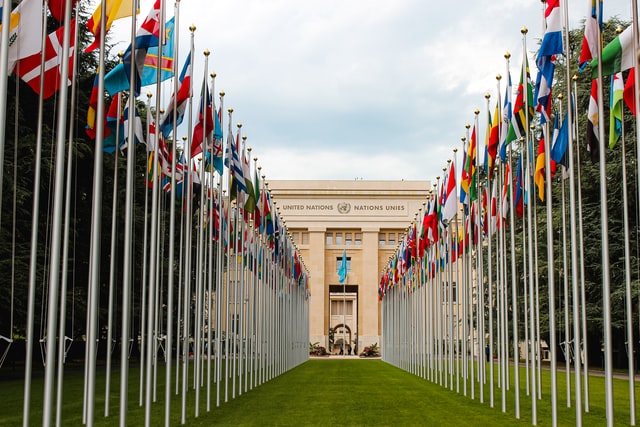Bamako – Security in Mali has improved but freedom of expression has worsened, an independent UN expert said Tuesday, in the latest assessment of the coup-torn Sahel country.
Alioune Tine, a specialist on human rights in Mali for the UN, said that for the first time since 2018 he had “noted a tangible improvement in the security situation”.
The estimated number of displaced people declined from 400 000 in September to 350 000 in December, he said in a video conference from Dakar.
There has also been a drop in the overall number of rights violations recorded by the UN since the end of 2021.
Tine warned that the improvements did not “obscure the serious challenges that remain”, particularly the presence of jihadist groups that continue to “attack, kill and kidnap” civilians.
ALSO READ | Senegal President Macky Sall urges Germany to stay in Mali
According to local sources, some 40 civilians were killed in mid-February by the Islamic State in the Greater Sahara (EIGS, affiliated to the Islamic State group) in the Tessit region, on Mali’s border with Burkina Faso and Niger.
Eight Malian soldiers and “around 60” jihadists died in fighting in the same area on Friday, Bamako said.
Tine said during his visit to Mali this month, stopping in Mopti, Timbuktu and Bamako, he had heard from a swathe of residents that freedom of expression was in decline.
“All were unanimous that it was increasingly difficult to express a dissenting opinion without running the risk of being jailed or lynched on social media,” he said.
As part of a proclaimed crackdown on corruption, the junta has arrested several politicians including a former prime minister, Soumeylou Boubeye Maiga.
ALSO READ | Mali parliament approves five-year democratic transition plan
Tine expressed “deep concern about the narrowing of civic space”, warning that “self-censorship for fear of reprisals from the Malian transitional authorities and their sympathisers” was widespread.
“Real threats weigh on the activity of human rights defenders,” he said.
Investigations into rights violations, including those carried out by the army, are increasingly rare, Tine warned.
Mali has been ruled by the military since disgruntled soldiers overthrew President Ibrahim Boubacar Keita in August 2020.
Mali is wresting with the Economic Community of West African States (ECOWAS) over the duration of its “transition” back to civilian rule.
Mali’s West African neighbours have imposed stringent sanctions on Bamako for failing to meet its pledge to hold elections by the end of February.
ALSO READ | Somali leaders reject ‘illegal’ oil deal with US company
On Monday, the military-dominated parliament agreed that the transition period could last up to five years.
That delay has been deemed “unacceptable” by Ecowas.
France said earlier this month that it would withdraw its forces present in Mali after a decade-long fight against jihadists in the region.
Tine also warned of a “social time bomb… on the horizon” as jihadist groups forced the closure of schools.
The number of affected students increased from 400,000 in January 2021 to 500 000 in December of last year, according to UN figures.
Follow African Insider on Facebook, Twitter and Instagram
Source: AFP
Picture: Unsplash
For more African news, visit Africaninsider.com


